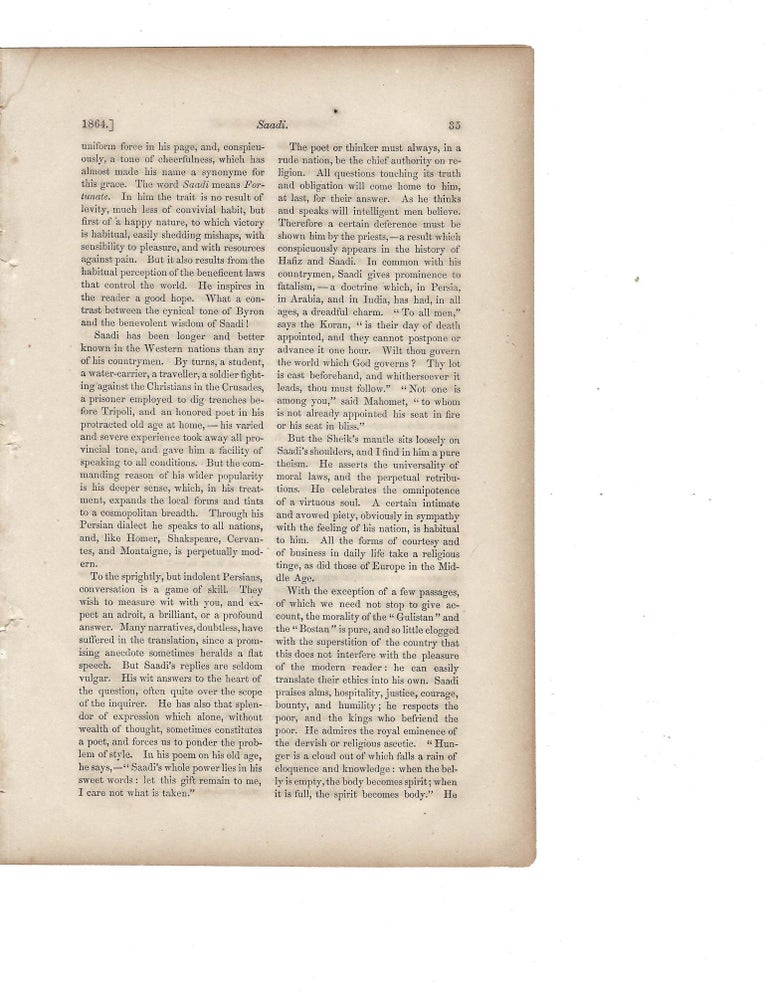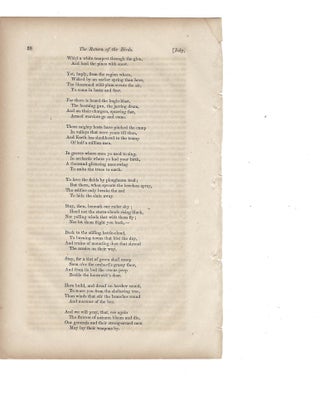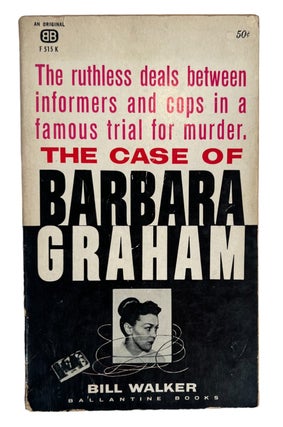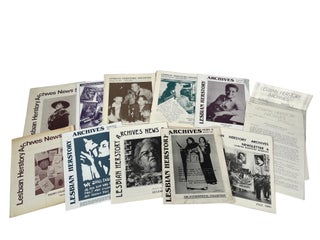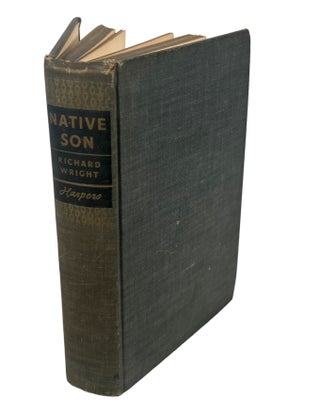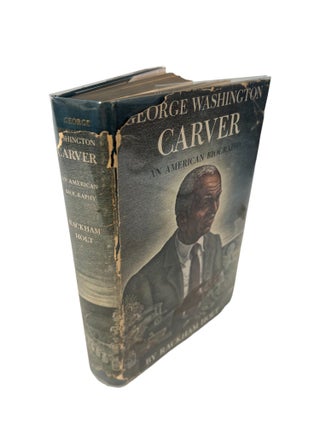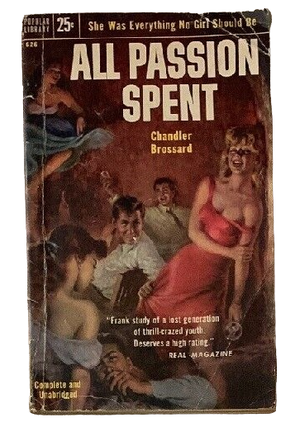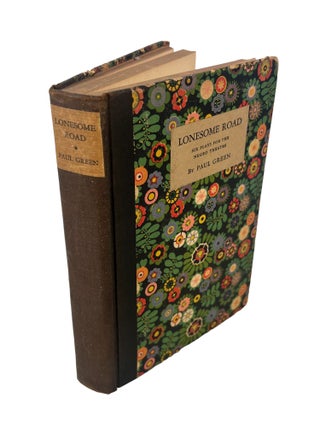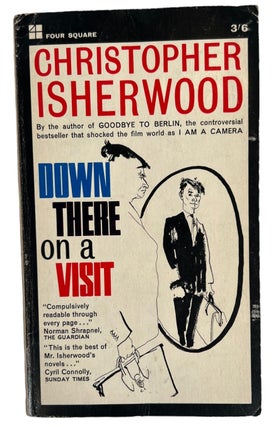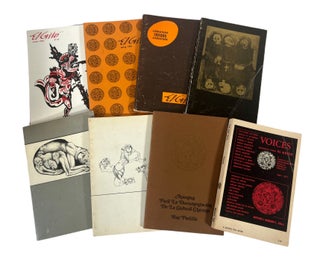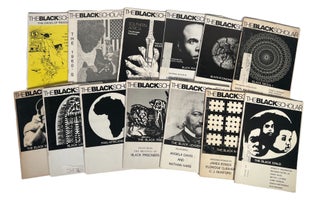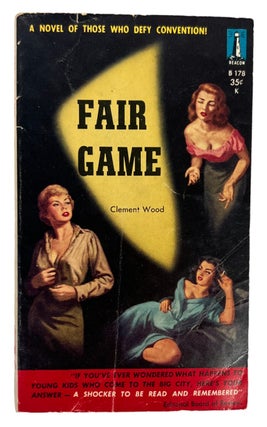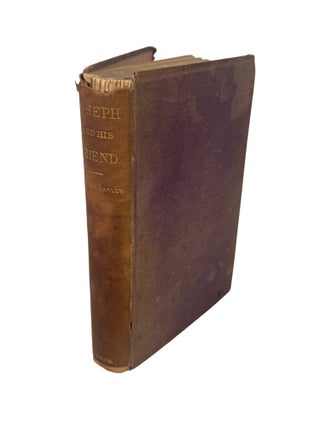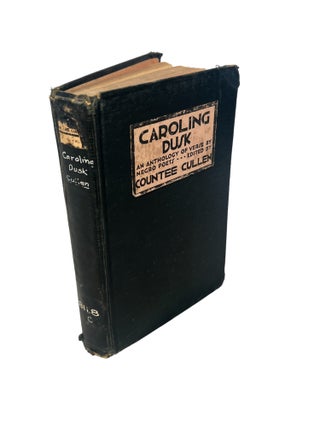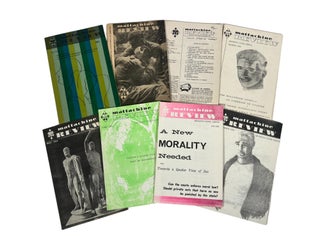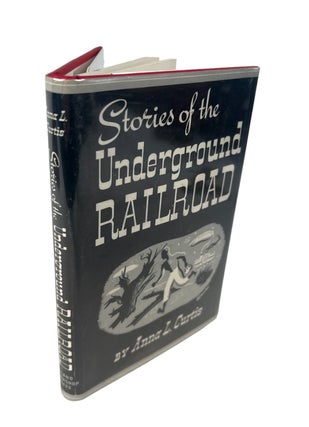Atlantic Monthly Essay by Ralph Waldo Emerson on One of His Greatest Artistic and Moral Influences, the Persian Poet Saadi
Pamphlet
Emerson. “Saadi”. July 1864. 5 unbound 6” x 9” inch printed pages from The Atlantic Monthly. Emerson’s essay on the medieval Persian poet and thinker Saadi, representing nearly two decades of study. A fascinating testament to one of Emerson’s greatest influences. Very good condition.One of the most influential thinkers and writers of America gives us a fascinating portrait of one of the greatest thinkers and writers of the Persian world (Iran). Emerson wonders at both the exoticism of Saadi’s verse and its timelessness: “We pass into a new landscape, new costume, new religion, new manners and customs, under which humanity nestles very comfortably at Shiraz and Mecca, with good appetite, and with moral and intellectual results that correspond, point for point, with ours at New York and London.” Emerson’s essay is the culmination of nearly two decades of study of Saadi, who had enormous influence on Emerson both morally and artistically. In his poetry Emerson found much that spoke to transcendentalism, though also a great deal “indolent” and “sprightly” that the New England writer struggled to integrate into his philosophy of self-reliance. “There is a uniform force in his page, and, conspicuously, a tone of cheerfulness, which has almost made his name a synonym for this grace. The word Saadi means Fortunate,” Emerson writes in the essay, “In him the trait is no result of levity, much less of convivial habit, but first of a happy nature, to which victory is habitual, easily shedding mishaps, with sensibility to pleasure, and with resources against pain.” In this sentiment we have a glimpse not only of Saadi but of Emerson, or what Emerson may have desired for himself. In a journal entry from 1843, two years before this essay, Emerson wonders of a poem titled the same -- Saadi-- “Was this poem really about Saadi, or was it about me?” Light toning, as expected. Print is strong and clear. Five very small, evenly-spaced .25 inch partial separations along the left margin where it was separated from the journal. A remarkable piece testifying to one of Emerson’s greatest artistic, moral, and intellectual influences, in the writer's own words. Sa'di's best known works Bustan (The Orchard) and Gulistan (The Rose Garden) consists of stories illustrating standard virtues of justice, liberality, modesty, contentment and reflections on the behavior of men. These themes were close Emerson's heart.
Item #16246
Price: $2,500.00
See all items by Ralph Waldo Emerson

